

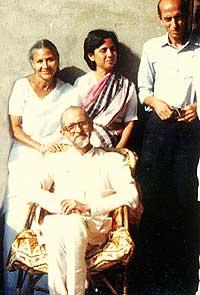

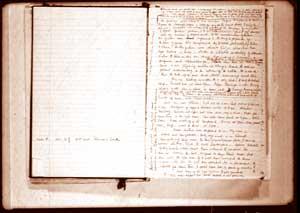
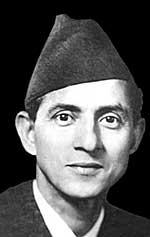

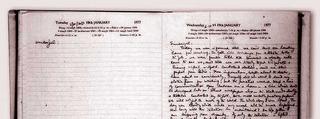

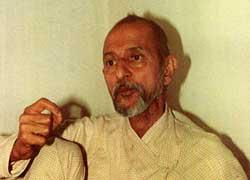
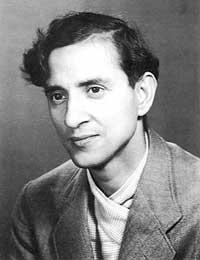
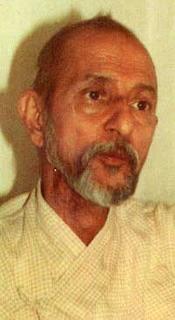
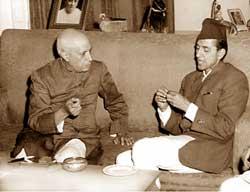
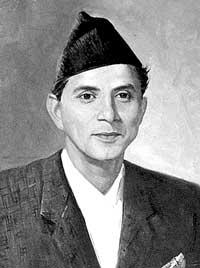

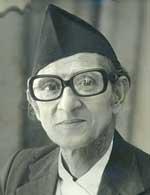
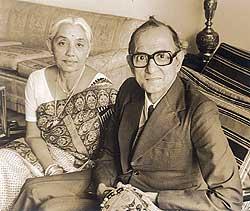

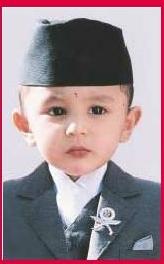
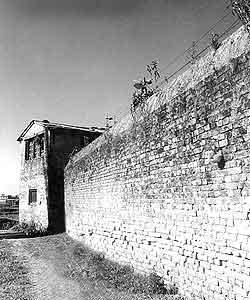
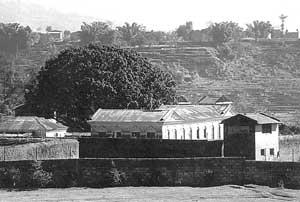

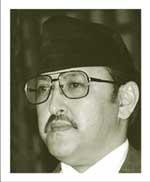
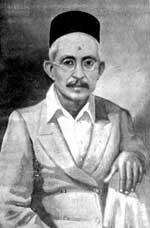



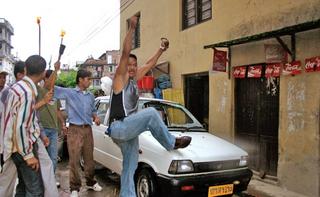
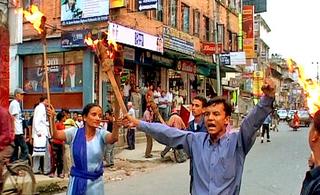


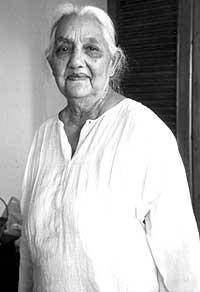
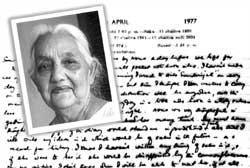
Royal Finances
Bishweshwar Prasad Koirala: Sundarijal Jail
(Source: Nepali Times)
- The Diary
- "Why this darkness?"
- "The sameness with sameness"
- “What is courage?”
- “A cold bath is physically and morally uplifting. Morally, because the operation involves a courageous decision and action.”
- “Life is settling down to a pattern”
- The psychological price of public appreciation
- “The ship is sinking.”
- The changing of the guard
- “Revealing myself to myself.”
- “A small chink in the prison wall”
- Nepal, India and China
- “I yearn for so many things.”
- "I have no time for depression"
- “The problems that the country faces require statesmanship.”
- On love and politics
- “We are totally cut off from the outside world.”
- “The ball is in the king’s court.”
- “As long as I can write, there will be no maddening depression.”
- “My one foot is outside the jail gates.”
- “My one foot is outside the jail gates.”
- “Nationalism, democracy and economic development are all linked.”
- “The king has no alternative but compromise”
- “The king will soon open a dialogue with us…”
- "Spring has set in"
- “Who wants to keep the king and the political parties apart?”
- “Keeping alive the fire of democracy…”
- “I am homesick more than anything else...”
- “Waiting and waiting and nothing happens...”
- “Nothing could save Nepal”
- “I have suddenly become a political being”
- “Unimaginativeness and ennui”
- “Democracy will save Nepal”
- “I now understand human misery…”
- “The king needs to balance.”
- “Solitary confinement is softening my mind…”
- “I miss GM a great deal.”
- “I have shown myself to be a weak person in these pages.”
- “Between hope and frustration…’
- “I am in for an ordeal…”
- “Nepal will be a hotspot for international rivalry…”
- “What has weakened my character?”
- “A constitutional monarchy is also a monarchy.”
- “I am fighting for the dignity of Nepalis”
- “The king had high praise for me.”
- “The wind is favourable.”
- “The king is a well-meaning person…”
- “Prison is a relief.”
- “The king is not going to take the initiative.”
- “I am at the king’s disposal”
- “The king’s politics has ceased to be relevant”
- Shailaja’s letter
- One day in BP’s life in jail
- “Love is a triumphant ride in a chariot”
Birendra was not that different from Mahendra. Why? Because it is not about who they might be as individuals. It is to do with the institution called monarchy. It is to do with the power dynamics of an institution designed to keep power to itself. What is institutional is institutional, it is a mistake to see it as personal.
What happened to BP was sad, for the person as well the country. If 1960 had not happened, Nepal today would have been some sort of an economic dynamo. I think BP was a rare, great, talented guy, but that is a statement not on him, but on democracy as a functioning concept.
Lessons have to be drawn from BP's life for the current struggle. Today the ground realities are vastly different. There is a clear, global hostility towards the king, and a growing domestic one as well. Gyanendra does not have Mahendra's options, not even close. One thing is for sure, he is not getting his three years. But even during that short period, leaders have to be realistic. Let not the "aura" of the monarchy fool you. Judge the king based on his specific words and actions to measure progress or lack thereof.
No comments:
Post a Comment